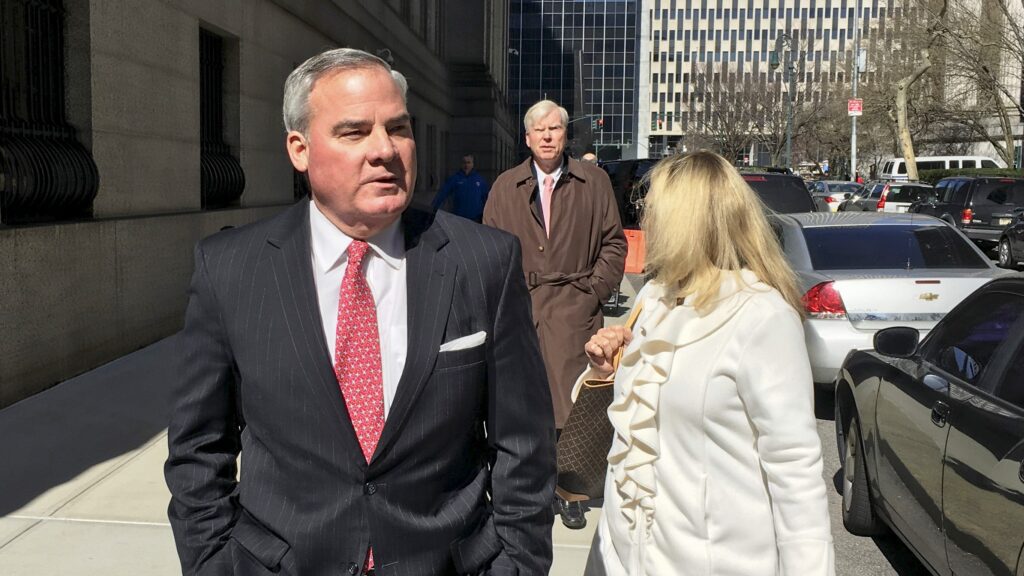President Donald Trump recently issued pardons and commutations, sparking controversy and debate. Among those granted clemency were former Connecticut Governor John Rowland, who had been convicted of tax fraud and campaign finance violations, and rapper NBA YoungBoy, who pleaded guilty to a federal gun charge. Additionally, Trump commuted the federal sentence of Larry Hoover, a notorious Chicago gang leader convicted of murder in 1973. These actions were part of a series of pardons that also included a former U.S. Army officer, reality TV personalities, and former U.S. Rep. Michael Grimm. The pardons drew mixed reactions, with supporters praising Trump’s use of executive clemency while critics raised concerns about the individuals chosen for pardon. The controversial pardons reflect Trump’s exercise of presidential power in his final days in office, leaving a lasting impact on his legacy. The move to grant clemency to individuals with varying backgrounds and offenses adds to the ongoing discussion about the role of presidential pardons in the U.S. legal system.
“Breaking News: Trump Pardons Rapper and GOP Governor Convicted of Corruption – What You Need to Know!”
June 12, 2025

From USA Today
This site is supported by our readers, so if you’re able to help, consider becoming a paid supporter. https://www.patreon.com/YUGENEWS
